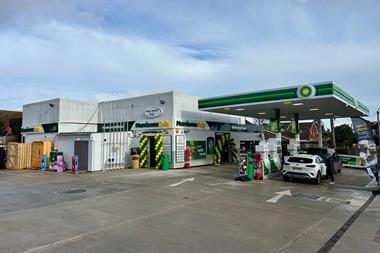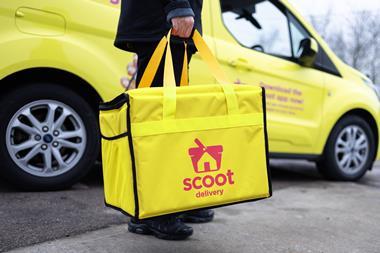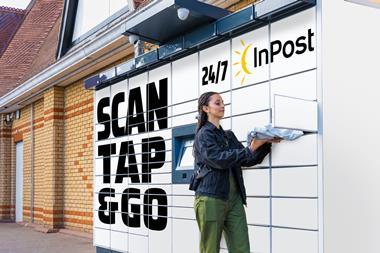Our ‘legal doctor’ Robert Botkai discusses the call to have plain-clothes police officers in licensed premises to help protect women

Following recent, tragic events, there has been much discussion and lobbying of the government to make a concerted effort to introduce measures to improve women’s safety. Of most note to petrol station retailers is the proposal to station undercover police officers in bars and clubs – as part of what is being called ‘Project Vigilant’.
From its inception, the idea of plain-clothes police officers in licensed premises has been met with a mixed response. There are those who would feel safer in the knowledge that police officers would be nearby and able to intervene if required. Conversely, there are those who feel this is a draconian measure which rather misses the point, not least because violence against women is not confined to bars and clubs, and would rather focus was levied upon funding for other safety measures.
What this mean for you
While current discussions are limited to bars and nightclubs, a logical extension could lead to plain-clothes police officers being present in any licensed premises, including off licences and so petrol stations.
There would be a number of technicalities to consider should this be implemented:
Would premises owners be informed?
What offences should police officers monitor?
How would officers intervene?
Will there be a greater presence in ‘high-crime’ areas?
It is hard to imagine a store manager or cashier not noticing an individual remaining in their petrol station for hours at a time, and so it seems likely that the premises owners would be made aware of any undercover officers at their stores.
This is unsurprising, but it is also not inconceivable that customers who use petrol stations as their regular convenience stores would also notice individuals who were often present at stores. A regular rotation of plain- clothes officers would be required to prevent them being noted, and then avoided.
What offences should police officers monitor?
The current intention is that officers would be present to prevent crimes against women. However, it seems unlikely that officers would be assigned to attend to only one form of criminal activity. Premises owners, and the public, would be unlikely to support, or at least would question, the presence of police officers in stores if they then did not intervene when any crime occurred. Accordingly, officers could increase their capacity to include, for example, theft and the sale of alcohol to children.
This is similar to the debate surrounding the idea of plain-clothes officers in bars and clubs, which has focused in part on whether these officers would attend to crimes of assault or drug taking, or if their sole focus would be helping prevent violence against women.
The exact duties and input of police officers would likely turn on the facts of any given situation, but store operators may wish to know if police would be willing to intervene the moment any trouble was detected, or if some kind of threshold would need to be reached until which it would remain the prerogative of the store operator to deal with any issues. A question often asked during licence applications is for details of the steps businesses take to deal with crime, and some petrol stations use security guards at particular times. Certainly, if police officers are present and ready to intervene at the first sign of trouble this may negate the need for any security guards, although this could increase pressure on any officers at the premises.
high-crime areas
There may be a call for a greater police presence in areas associated with higher crime levels. Indeed, given the resource issues we all know about, it may be that any implementation of plain clothes officers in licensed premises is limited to such areas. This approach is not unproblematic as crime statistics must be analysed in the context of crime reports, rather than being viewed as a numbers game.
For example, petrol station stores are often the only lit 24-hour store in an area, and as such can provide a safe refuge for persons in difficulty. A reported incident or crime may attach to the store even though its only role was to call for emergency assistance to help a person in need. This can, and often does, skew the crime and incident statistics at a late-night store.
This is an issue that often arises in licence applications, and there is a risk of appropriate areas not being reached if a blanket, numerical approach is applied.
‘Project Vigilant’ is still in its very early stages, and there is no guarantee it will be implemented at all, let alone expanded to cover all licensed premises. It may proceed in full, on a trial basis, or not at all, and focus may instead be levied on increased protection in streets and public areas.
We suspect that once the issues identified have been considered this proposal will be quietly dropped.
rbotkai@wslaw.co.uk
www.wslaw.co.uk

































No comments yet